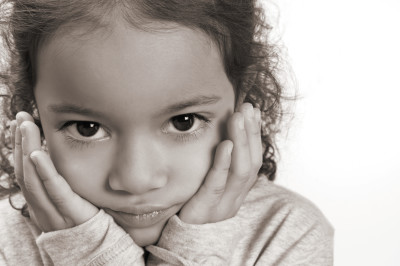There are several steps that the victim of child abuse and family can continue to ensure, try to recover and continue with their lives.
5 Steps that the victim may consider
Confidence
Start working to return to feel safe again and to perform normal activities without fear.
Empower yourself
Start by assessing what has happened and acknowledge that you have been injured. Accept your reaction because it has been as normal as possible given the abnormal situation that you have lived.
Be angry
It is perfectly acceptable to be angry. In fact it is positive that the injustices anger you. Think of your anger is a pro-active response.
Do not ignore it
It’s ok to feel sad. In fact it is good that you extract it yourself and express it: think of betrayal, in what ‘could have been’, as it could have been your family… feel sorry for what has happened and what you’ve lost. It can be a lonely way sometimes, thinking that something is wrong with you, but deny what happened is even worse.
Face your past
Be aware of your past, but do not let them define. You think you’re strong, you’re a survivor.
6 steps to help the victim, but also to you
When someone shares with you a painful experience of his childhood, he does so because he believes that he relies on you. Here are several tricks to cheer on the people you love while you also get over it. Regardless of whether that person is a friend, an aunt, a daughter or son… is that ‘comfort zone’ for the person who shares with you his story.
Safety is paramount
When they open to you for the first time or if you the one who touched a sensitive issue for them, stand for a few seconds if things get very tense. Make sure you know it’s not your fault, but take 5 minutes to rest and relax can be a good idea.
Pay attention to how you feel and express it with words
If you are not sure if what you are going to say it is the correct thing, say it directly. Silence frightens, even the imperfect comments make them feel accepted.
Try to not take it personally when the person you support react disproportionately
When you touch a subject that triggers abnormal behavior, you’re probably witnessing a side effect of the abuse that has been tested/to the other person. It has not to do with you, but try to talk and resolve the specific issue that caused this overreaction.
They are going to come moments of a lot of stress, so learn to deal with them
The important thing is to know: what things reduce their anxiety?
Make sure you also take care yourself
It might be a good idea to go to a psychologist. It is always positive to have someone with whom to let off steam and helps to see the problems from different perspectives.
